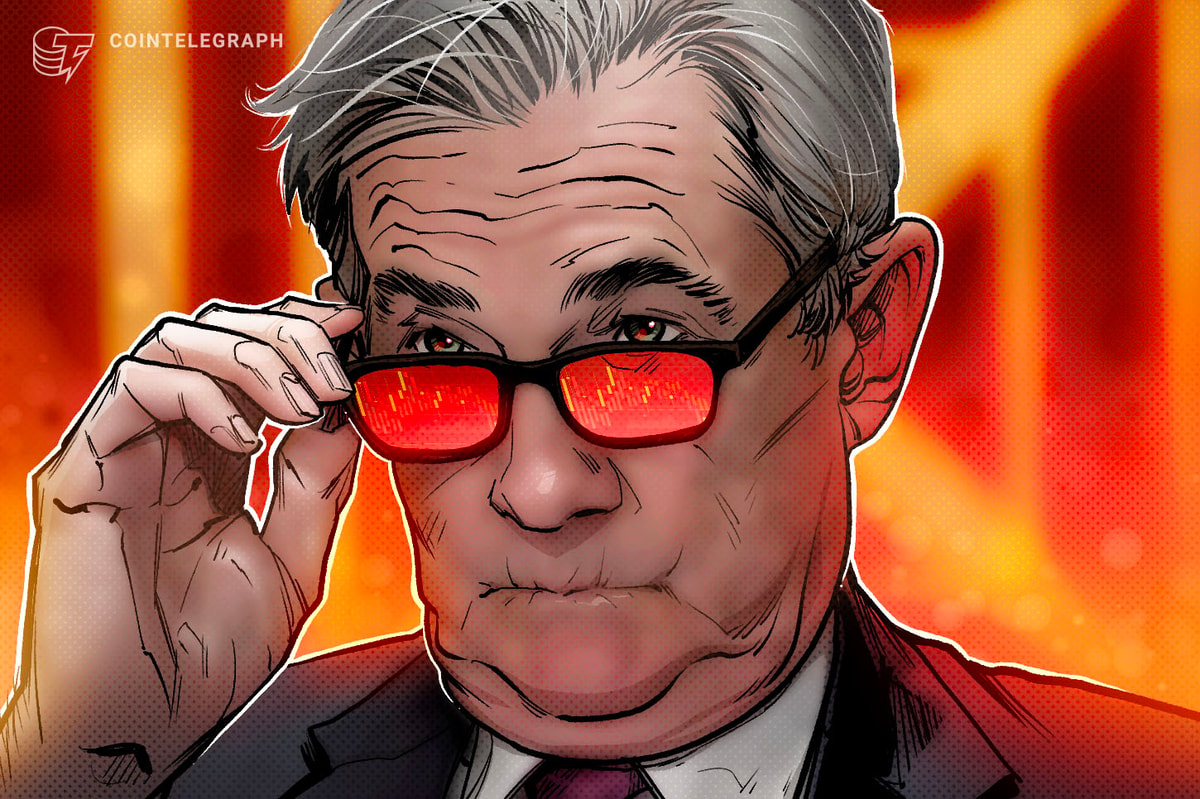The Uncoupling: Bitcoin’s Resilience Amidst Economic Turmoil
The global economy is a complex beast, a delicate ecosystem of interconnected systems constantly shifting and reacting. Recently, we’ve witnessed a fascinating divergence: a significant drop in traditional stock markets juxtaposed with a surprising rally in the cryptocurrency Bitcoin. This “decoupling,” as some are calling it, raises important questions about the evolving relationship between established financial systems and emerging digital assets.
The immediate trigger for this market shake-up appears to be a confluence of factors. Firstly, escalating trade tensions, particularly the ongoing tariff disputes, are casting a long shadow over global economic confidence. The uncertainty surrounding these trade wars is causing investors to reassess their risk tolerance, leading to a widespread sell-off in equity markets. Billions of dollars have been wiped off the value of major indices, a stark reminder of the fragility of traditional investments in times of geopolitical uncertainty.
Adding fuel to the fire is the warning issued by the Federal Reserve Chair. His statement regarding the potential for “higher inflation” fueled concerns about the future trajectory of interest rates. The possibility of rising interest rates, a tool often used to combat inflation, often translates to higher borrowing costs for businesses and consumers, potentially dampening economic growth. This gloomy outlook has contributed to the bearish sentiment sweeping across stock exchanges.
Meanwhile, in the midst of this economic storm, Bitcoin has shown remarkable resilience, even staging a rally. This unexpected strength is leading many to question whether Bitcoin truly offers a hedge against traditional market volatility. Several possible explanations exist for this decoupling.
One prominent theory centers on Bitcoin’s inherent nature as a decentralized digital asset, independent of traditional financial institutions and governmental policies. Unlike stocks, which are directly affected by regulatory changes and geopolitical events, Bitcoin operates on a blockchain, a transparent and immutable ledger resistant to manipulation by central authorities. This inherent autonomy might explain its relative stability during periods of significant market instability.
Another interpretation involves the role of Bitcoin as a safe-haven asset. During periods of economic uncertainty, investors often seek assets perceived as relatively safe and less susceptible to market swings. Gold, for example, traditionally holds this position. Some believe that Bitcoin, with its limited supply and growing adoption, is increasingly perceived as a similar refuge in times of economic instability, driving demand and price appreciation.
However, it’s crucial to approach these observations with a degree of caution. The relationship between Bitcoin and traditional markets is still relatively young and complex. The recent decoupling may be a temporary phenomenon, a short-term anomaly rather than a long-term trend. Further, the cryptocurrency market is inherently volatile, subject to sudden and dramatic price swings driven by speculation, regulatory developments, and technological advancements.
In conclusion, the recent market events highlight a potential shift in the landscape of global finance. The resilience of Bitcoin in the face of significant stock market declines underscores its unique characteristics and raises questions about its role in a diversified investment portfolio. While the long-term implications remain to be seen, the recent “decoupling” serves as a compelling case study in the interplay between traditional and decentralized financial systems, forcing investors and economists alike to reassess their understanding of risk and reward in an increasingly interconnected world. The future will undoubtedly reveal whether this decoupling is a fleeting anomaly or a sign of a more fundamental shift in the global financial architecture.




Leave a Reply